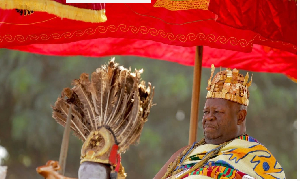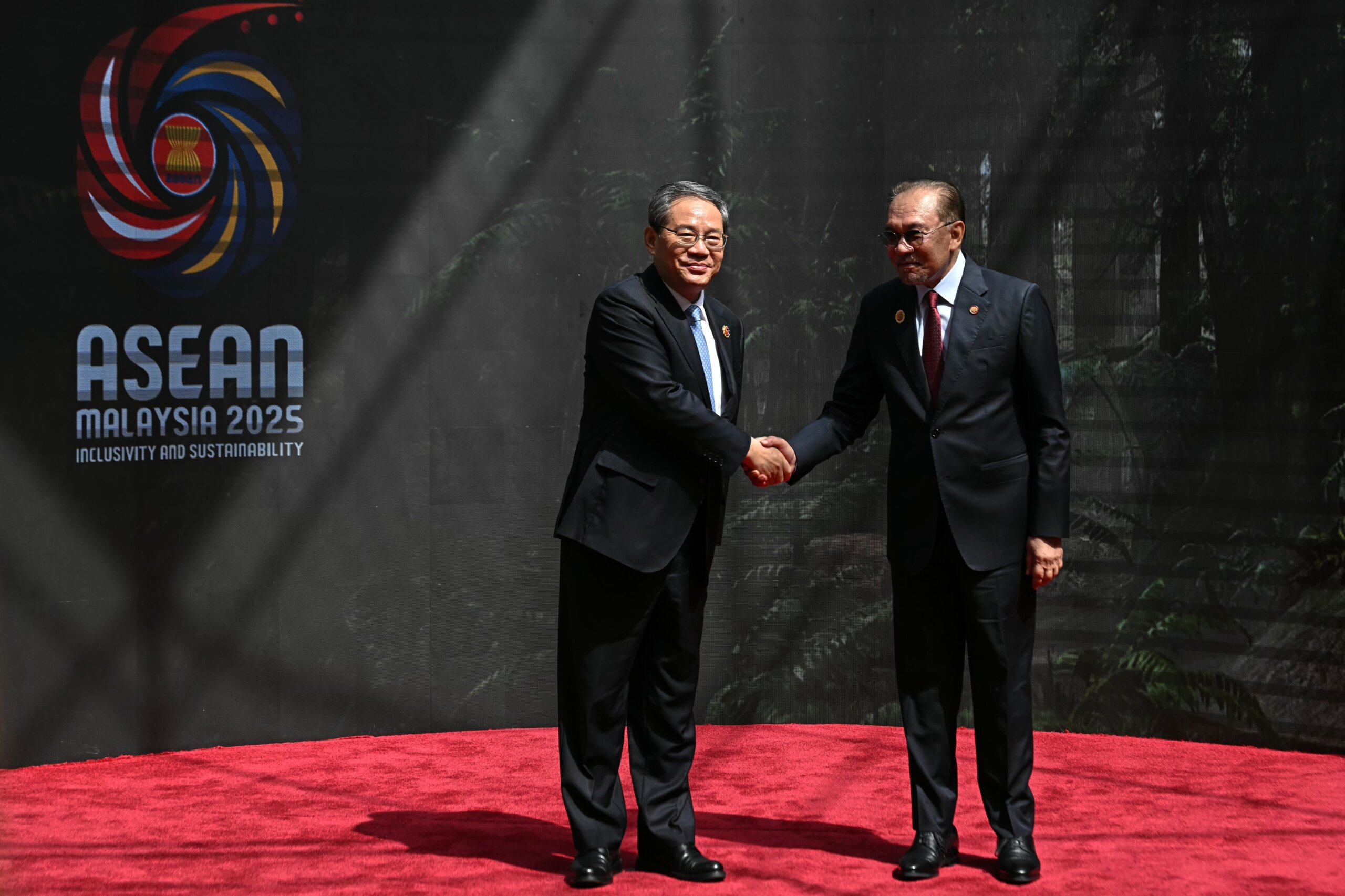Copyright ghanamma

Nene Sakite II, Paramount Chief of the Manya Krobo Traditional Area, has made appealed to the government to urgently address the poor state of roads in the Krobo enclave. He said the government should prioritise road rehabilitation and improve basic infrastructure in the area, describing current conditions as unacceptable and a hindrance to economic and social development. Nene Sakite II, who is also the President of the Eastern Regional House of Chiefs, made the appeal during the 132nd Ngmayem Festival at Odumase-Krobo, noting that the deplorable state of roads was affecting trade, emergency services, and daily life. “The road has caused an unbearable situation to us,” he said. “I urge the Government of Ghana, the Ministry of Roads and Highways, and local assemblies to prioritise the rehabilitation of these roads. The Traditional Council stands ready to collaborate with government and contractors to mobilise local labour when necessary.” He cited the Somanya–Odumase–Kpong corridor, Odumase–Asesewa Road, and the Akuse Road as critical routes that had deteriorated over time, calling their condition detrimental to development. Beyond roads, Nene Sakite II expressed concern over the lack of water and electricity in several communities, particularly in the Upper Manya and Middle Belt. “Many residents still lack access to these basic utilities, which hinders socio-economic growth and the well-being of families,” he stated. On health and education, the Paramount Chief described the condition of the Atua Government Hospital and other facilities as alarming. “Our schools lack adequate facilities, and the Atua Government Hospital is in a deplorable state. The government must act swiftly to remedy this situation,” he emphasised. Turning attention to the youth, Nene Sakite II said young people were central to the area’s transformation and urged investment in practical skills training. “Our youth are full of energy and imagination, but they face challenges that must be overcome,” he said. “We must promote training in agriculture, engineering, digital innovation, and the creative industries. Our future depends on their readiness to lead.” He also cautioned against neglecting Krobo culture and language, stressing that the survival of Krobo heritage depended on collective effort. “Let us not lose our identity. Our language and customs must be preserved,” he urged. Responding to these concerns, Eastern Regional Minister, Mrs. Rita Akosua Adjei Awatey, commended Nene Sakite II for his leadership and reaffirmed government’s commitment to development in the area. She announced that the Somanya–Kpong road had been awarded under the government’s ‘Big Push’ agenda and that work would resume soon. “The government remains committed to partnering with the Manya Krobo Traditional Council to ensure that development projects directly benefit the people,” she said. Awatey added that other town roads would be rehabilitated through the District Common Fund and support from Members of Parliament, with local assemblies continuing minor road works. “Our aim is to make the Manya Krobo area a model of community-led development supported by strong government collaboration,” she said. The Ngmayem Festival, celebrated on the theme: “Celebrating Our Heritage, Building Our Communities with a Purpose,” ended with a renewed call for unity and partnership to transform Kroboland into a thriving and prosperous community.



